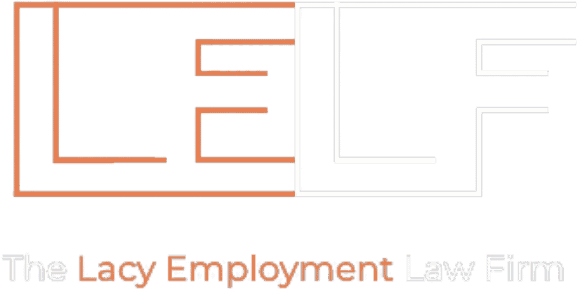Maternity leave provides essential time for new parents to care for their newborns and adjust to the demands of parenthood.
However, the question of job security during and after maternity leave often lingers. This article aims to shed light on employees’ rights and protections, the legal framework surrounding maternity leave, and the steps individuals can take to ensure their job security.
Understanding Maternity Leave Rights
Maternity leave laws and regulations vary across countries and jurisdictions. It is crucial for expecting parents to familiarize themselves with their rights and entitlements.
Maternity leave typically grants employees a certain duration of protected time off to recover from childbirth and bond with their newborn.
Employers must provide this leave and ensure a smooth transition for employees during this period.
Source: Pexels
The Transition Back to Work
Returning to work after maternity leave can be challenging. New parents often face many emotional and logistical hurdles as they balance work and family responsibilities.
Employers are vital in facilitating a smooth transition by providing support and flexibility. This can include options like phased return, flexible work arrangements, and access to lactation rooms or childcare facilities. Some key points to consider are:
- Returning to work after maternity leave can be emotionally and logistically challenging for new parents.
- Balancing work and family responsibilities requires adjustment and support.
- Employers play a crucial role in facilitating a smooth transition.
- Providing support and flexibility can include options such as phased return, flexible work arrangements, and access to lactation rooms or childcare facilities.
- Open communication between employees and employers is essential to address concerns and find mutually beneficial solutions.
- Recognizing the unique needs of new parents and offering resources and assistance can contribute to a positive work environment.
- Creating a supportive and inclusive culture that values work-life balance benefits both employees and the organization as a whole.
Legal Protection Against Unlawful Termination
Maternity leave is protected by various federal and state laws that prohibit discrimination based on pregnancy or childbirth.
The Pregnancy Discrimination Act (PDA) and the Family and Medical Leave Act (FMLA) are two key pieces of legislation safeguarding employees’ rights during and after maternity leave. Understanding these laws and their provisions is essential for ensuring job security.
Over 50% of women return to work after their maternity leave, as protected by the Pregnancy Discrimination Act and the Family and Medical Leave Act.
Source: Unsplash
Timing of Potential Termination
While the exact timeframe may vary depending on the jurisdiction and specific circumstances, there are legal limitations on firing employees during maternity leave.
The FMLA provides certain protections, including the right to reinstatement after returning from leave. Additionally, many states and localities have laws extending job protections beyond the FMLA requirements.
Additionally, many states and localities have laws extending job protections beyond the FMLA requirements. It is crucial for employees to be aware of their rights and consult applicable laws to understand the specific protections afforded to them.
Unlawful Termination and Retaliation
Recognizing signs of wrongful termination or retaliation related to maternity leave is crucial. Employers are prohibited from terminating employees based on their pregnancy or exercise of maternity leave rights. Some key points to consider include:
- Protection against termination: Laws prohibit employers from firing employees solely based on their pregnancy or maternity leave.
- Recognizing signs of retaliation: Employees should be aware of signs that indicate retaliatory actions, such as unjustified negative performance evaluations or sudden adverse changes in job responsibilities.
- Taking legal action: If employees experience unlawful termination or retaliation, they have the right to file complaints with relevant authorities, such as the Equal Employment Opportunity Commission (EEOC) or state labor agencies.
- Seeking legal recourse: Employees can consult with an employment attorney who specializes in discrimination and employment law to understand their legal options and seek appropriate remedies.
It is important for employees to understand their rights and protections, document any incidents of unlawful termination or retaliation, and take appropriate action to assert their legal rights.
Seeking Legal Advice and Support
Consulting with an employment attorney can provide valuable guidance and support when dealing with potential unlawful termination.
Attorneys can help individuals understand their rights, navigate the complaint-filing process, and explore alternative dispute resolution methods, such as mediation or negotiation, to resolve the issue outside of court. About 80% of dispute mediations lead to resolution, according to Goldberg.
Source: Unsplash
Ensuring Job Security and Future Career Growth
Employees should proactively advocate for their rights to ensure job security during and after maternity leave.
It includes staying informed about workplace policies, understanding available resources and support networks, and effectively communicating their needs and concerns to employers.
Career development opportunities like mentorship programs and flexible work arrangements can contribute to long-term job security and advancement.
Conclusion
Maternity leave is a critical period for new parents, and ensuring job security during and after this time is crucial.
By understanding their rights, effectively communicating with employers, seeking legal advice when necessary, and fostering supportive work environments, employees can protect their rights and pave the way for a successful transition back to work.
Empowering new parents benefits individuals and organizations by fostering inclusivity and promoting work-life balance.
FAQs
Can An Employer Terminate An Employee Immediately After Their Maternity Leave Ends?
Generally, employers cannot terminate an employee solely because of their maternity leave. However, legitimate non-discriminatory reasons may warrant termination after leave.
Are There State-Specific Laws That Provide Additional Job Protection Beyond Federal Regulations?
Yes, many states have laws that extend job protections beyond the FMLA requirements, offering longer leave periods or broader coverage.
What Should I Do If I Believe I Have Been Wrongfully Terminated Due To My Maternity Leave?
Gather evidence, such as communication records and performance evaluations. Consult with an employment attorney to explore legal options and file a complaint if necessary.
The above is for informational purposes only and does not constitute legal advice. You should always contact an experienced lawyer for advice on legal issues pertaining to your circumstances.
















